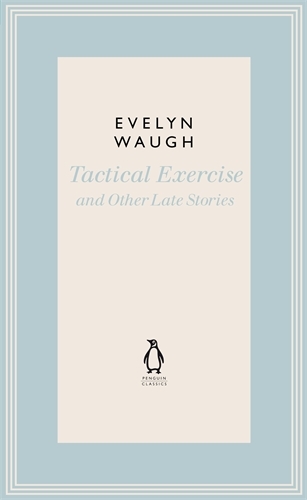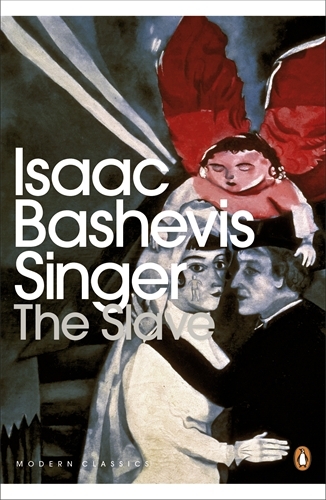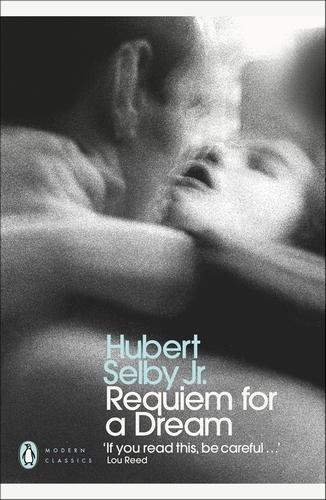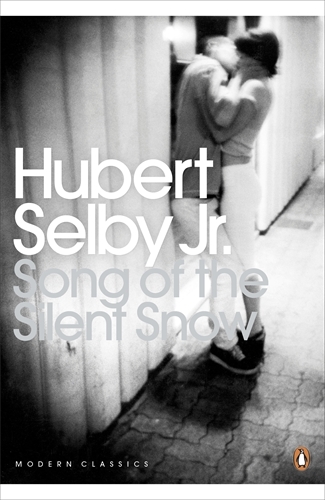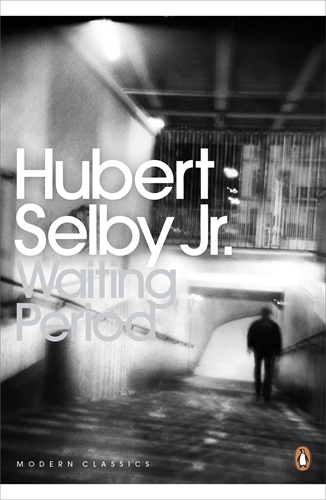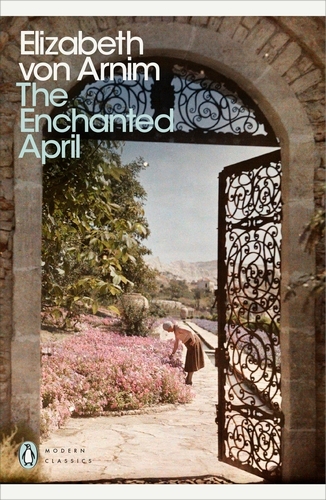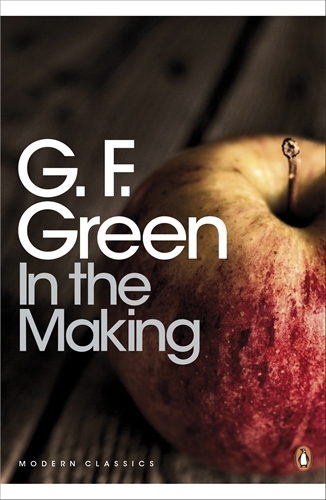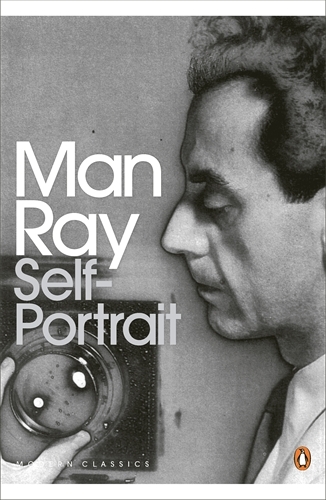Penguin Modern Classics
1281 books in this series
Rub Out the Words
This major collection of William Burroughs' letters gives an unprecedented insight into one of America's most incisive and influential writers, at a time when his work was at its most experimental and his life entered a new era of creativity.
William Burroughs' life was often as extreme as his prose. This second volume of his letters documents the time after the notorious publication of Naked Lunch in 1959, as he drifted away from Kerouac, Ginsberg and the Beats and on towards new horizons in Europe and North Africa, moving from place to place in search of inspiration, or to avoid the law over his drug addiction and openly gay lifestyle. We see Brion Gysin gradually replace Ginsberg as Burroughs' most trusted confidant, as they explore ideas on mind control and language, and there is correspondence with Paul Bowles, Ian Sommerville, Timothy Leary and Norman Mailer, among many others. These letters show the creative surge that led to works such as the Nova Trilogy; Burroughs' brief fascination with Scientology; his desperation to kick his drug habit; his continuing dedication to the cut-up method, but also a gradual return to more narrative forms of writing as, in 1974, he prepared to return to New York.
Darkly funny, sharply perceptive and often shocking, these letters also reveal an open and curious side to Burroughs, in contrast to the familiar view of his isolated, itinerant life at this time. Rub Out the Words adds a new richness to our view of one of the most innovative artists of the twentieth century.
William Burroughs' life was often as extreme as his prose. This second volume of his letters documents the time after the notorious publication of Naked Lunch in 1959, as he drifted away from Kerouac, Ginsberg and the Beats and on towards new horizons in Europe and North Africa, moving from place to place in search of inspiration, or to avoid the law over his drug addiction and openly gay lifestyle. We see Brion Gysin gradually replace Ginsberg as Burroughs' most trusted confidant, as they explore ideas on mind control and language, and there is correspondence with Paul Bowles, Ian Sommerville, Timothy Leary and Norman Mailer, among many others. These letters show the creative surge that led to works such as the Nova Trilogy; Burroughs' brief fascination with Scientology; his desperation to kick his drug habit; his continuing dedication to the cut-up method, but also a gradual return to more narrative forms of writing as, in 1974, he prepared to return to New York.
Darkly funny, sharply perceptive and often shocking, these letters also reveal an open and curious side to Burroughs, in contrast to the familiar view of his isolated, itinerant life at this time. Rub Out the Words adds a new richness to our view of one of the most innovative artists of the twentieth century.
Scoop
Lord Copper, newspaper magnate and proprietor of The Daily Beast, has always prided himself on his intuitive flair for spotting ace reporters. That is not to say he has not made the odd blunder, however, and may in a moment of weakness make another. Acting on a dinner party tip from Mrs Algernon Stitch, he feels convinced that he has hit on just the chap to cover a promising little war in the African Republic of Ishmaelia. But for, pale, ineffectual William Boot, editor of the Daily Beast's 'nature notes' column, being mistaken for a competent journalist may prove to be a fatal error...
Tactical Exercise & Other Late Stories
Composed between 1939-62, the late stories of Evelyn Waugh are in turn blackly comic and bitingly satirical. In 'The Sympathetic Passenger' a radio-loathing retiree picks up exactly the wrong hitchhiker, while 'Charles Ryder's Schooldays' provides a hilarious and fragmentary insight into life before Brideshead. These witty and immaculately crafted stories display the finest writing of a master of satire and comic twists.
Big Sur
In 1960 Jack Kerouac was near breaking point. Driven mad by constant press attention in the wake of the publication of On the Road, he needed to 'get away to solitude again or die', so he withdrew to a cabin in Big Sur on the Californian coast. The resulting novel, in which his autobiographical hero Jack Duluoz wrestles with doubt, alcohol dependency and his urge towards self-destruction, is one of Kerouac's most personal and searingly honest works. Ending with the poem 'Sea: Sounds of the Pacific Ocean at Big Sur', it shows a man coming down from his hedonistic youth and trying to come to terms with fame, the world and himself.
Doctor Sax
Jack Kerouac called Doctor Sax, the enigmatic figure who haunted his boyhood imagination, 'my ghost, personal angel, private shadow, secret lover'. In this extraordinary autobiographical account of growing up in Lowell, Massachussetts, told through his fictional alter ego Jack Duluoz, he mingles real people and events with fantastical figures to capture the accents, scents, sights and texture of his childhood: playing among the river weeds and railroad tracks, going to church, witnessing life and death on the street corners. Written when he was staying with William Burroughs in Mexico in 1952, Doctor Sax was Kerouac's favourite of all his books: a dark, vivid and magical evocation of a boy's vibrant inner life.
Enemies: A Love Story
Herman Broder, a refugee and Holocaust survivor, has three women in his life: Yadwiga, the loyal Polish peasant who hid him in a hayloft from the Nazis; Masha, his beautiful and neurotic true love; and Tamara, his first wife. Unsure of who he really is, what he wants and whether he can ever find peace, Herman navigates a crowded, Yiddish New York with a sense of paranoia and impending doom. Published in 1972, Enemies, A Love Story is an astonishing novel that blends humour and pathos to create a rich, humane portrayal of a man who cannot escape his past.
The Magician of Lublin
Yasha the magician - sword swallower, fire eater, acrobat and master of escape - is famed for his extraordinary Houdini-like skills. Half Jewish, half Gentile, a free thinker who slips easily between worlds, Yasha has an observant wife, a loyal assistant who travels with him and a woman in every town. Now, though, his exploits are catching up with him, and he is tempted to make one final escape - from his marriage, his homeland and the last tendrils of his father's religion. Set in Warsaw and the shtetls of the 1870s, Isaac Bashevis Singer's second novel is a haunting psychological portrait of a man's flight from love.
Winner of the Nobel Prize for Literature
Winner of the Nobel Prize for Literature
Shosha
It is Warsaw in the 1930s. Aaron Greidinger is an aspiring young writer and the son of a rabbi, who struggles to be true to his art when he is faced with the chance of riches and a passport to America. But as the Nazis threaten to invade Poland, Aaron rediscovers Shosha, his childhood sweetheart - still living on Krochmalna Street, still strangely childlike - who has been waiting for him all these years. In the face of unimaginable horror, he chooses to stay...
One of Isaac Bashevis Singer's most personal works, Shosha is an unforgettable novel about conflicted desires, lost lives and the redemption of one man.
One of Isaac Bashevis Singer's most personal works, Shosha is an unforgettable novel about conflicted desires, lost lives and the redemption of one man.
The Slave
Jacob, a Jewish slave held in a mountain village after escaping a massacre by Cossacks, will be killed if he tries to escape. The one saving grace is his love for his master's daughter, Wanda. They begin a secret affair, trying to avoid the cruelty of the other villagers, until one day Jacob's fortunes unexpectedly change. Now he must choose between his need to be with his people and his love for Wanda, who in turn will also discover the meaning of brutality. In The Slave, published in 1962, Isaac Bashevis Singer creates a dreamlike portrayal of isolation, rejection, love and the meaning of sacrifice.
Requiem for a Dream
Harry Goldfarb, heroin addict and son of lonely widow Sara, cares only about enjoying the good life with girlfriend Marion and best friend Tyrone C Love, and making the most of all the hash, poppers and dope they can get. Sara Goldfarb sits at home with the TV, dreaming of the life she could have and struggling with her own addictions - food and diet pills. But these four will pay a terrible price for the pleasures they believe they are entitled to. A passionate, heart-breaking tale of the crushing weight of hope and expectation, Requiem for a Dream is a dark modern-day fable of New York.
Song of the Silent Snow
Fat Phil can't lose at dice, even when his friends turn nasty and he's trying his hardest; a salesman finds success comes from fortune cookie mottoes, but panics when these mottoes turn against him; a date goes so perfectly a man talks himself out of ever seeing the woman again; a commuter finds himself obsessed with a plain young woman on his train, at the expense of his marriage. In this collection of short stories, Hubert Selby Jr. plunges the reader into the violent, passionate worlds of his protagonists and captures perfectly the delicate balance between joy and despair.
Waiting Period
Driven to desperation by the hand the world has dealt him, the suicidal narrator of Waiting Period attempts to buy a gun to end his life. But a computer malfunction causes a delay with the gun license: a life-saving event that sees the man questioning why he should die when there are so many others he believes should go before him. Planning the perfect murder, he chooses a victim - a bureaucrat responsible for denying him his benefits - and discovers to his amazement that his plan works perfectly. But now this man has found his purpose in life, how far will he go with his mission? In his final novel, Hubert Selby Jr. offers a shocking and fascinating examination of morality, murder and one man's personal war.
The Willow Tree
Bobby - young, black and happily in love with Hispanic girlfriend Maria - lives in a cramped Bronx apartment with his mother, his younger siblings and walls full of rats. But when Bobby and Maria are brutally attacked by a Hispanic gang, leaving the couple severely injured, everything changes. Maria may be lost, but, under the unusual care of the reclusive doctor he knows only as Moishe, Bobby might just have stumbled into a hopeful future of which he could never have previously dreamed. The Willow Tree is a searing trip of despair and hope through the lives of America's dispossessed inner-city residents.
The Enchanted April
A notice in The Times addressed to 'Those who Appreciate Wistaria and Sunshine' advertises a 'small mediaeval Italian Castle on the shores of the Mediterranean to be let furnished for the month of April'. Four very different women take up the offer, escaping dreary London for the sunshine of Italy. Among the party are Mrs Wilkins and Mrs Arthuthnot, both fleeing unappreciative husbands; beautiful Lady Caroline, sick of being 'grabbed' by lovestruck men; and the imperious Mrs Fisher, who spends her time remembering the bearded 'great men' she knew in her Victorian childhood. By the end of their holiday, all the women will fall completely under the spell of Italy in this funny, insightful and very charming novel.
In the Making
Ten-year-old Randal Thane is distressed to be taken from his mother, his governess and his home and sent to prep school. But once there, he discovers an adult world he had never before imagined, and falls unwillingly but entirely under the spell of a charismatic older boy, Felton, who will introduce him to all the pleasures, pains and perplexities of first love.
A unique, enchanting and complicated coming-of-age story about the passion between two young boys, In the Making is widely hailed as G. F. Green's masterpiece, and is now in print for the first time since its original publication in 1952.
A unique, enchanting and complicated coming-of-age story about the passion between two young boys, In the Making is widely hailed as G. F. Green's masterpiece, and is now in print for the first time since its original publication in 1952.
Self-Portrait
In this remarkable autobiography, Man Ray - painter, photographer, sculptor, film maker and writer - relates the story of his life, from his childhood determination to be an artist and his technical drawing classes in a Brooklyn high school, to the glamorous and heady days of Paris in the 1940s, when any trip to the city 'was not complete until they had been "done" by Man Ray's camera'.
Friend to everyone who was anyone, Ray tells everything he knows of artists, socialites and writers such as Matisse, Hemingway, Picasso and Joyce, not to mention Lee Miller, Nancy Cunard, Alberto Giacometti, Gertrude Stein, Dali, Max Ernst and many more, in this decadent, sensational account of the early twentieth-century cultural world.
Friend to everyone who was anyone, Ray tells everything he knows of artists, socialites and writers such as Matisse, Hemingway, Picasso and Joyce, not to mention Lee Miller, Nancy Cunard, Alberto Giacometti, Gertrude Stein, Dali, Max Ernst and many more, in this decadent, sensational account of the early twentieth-century cultural world.


